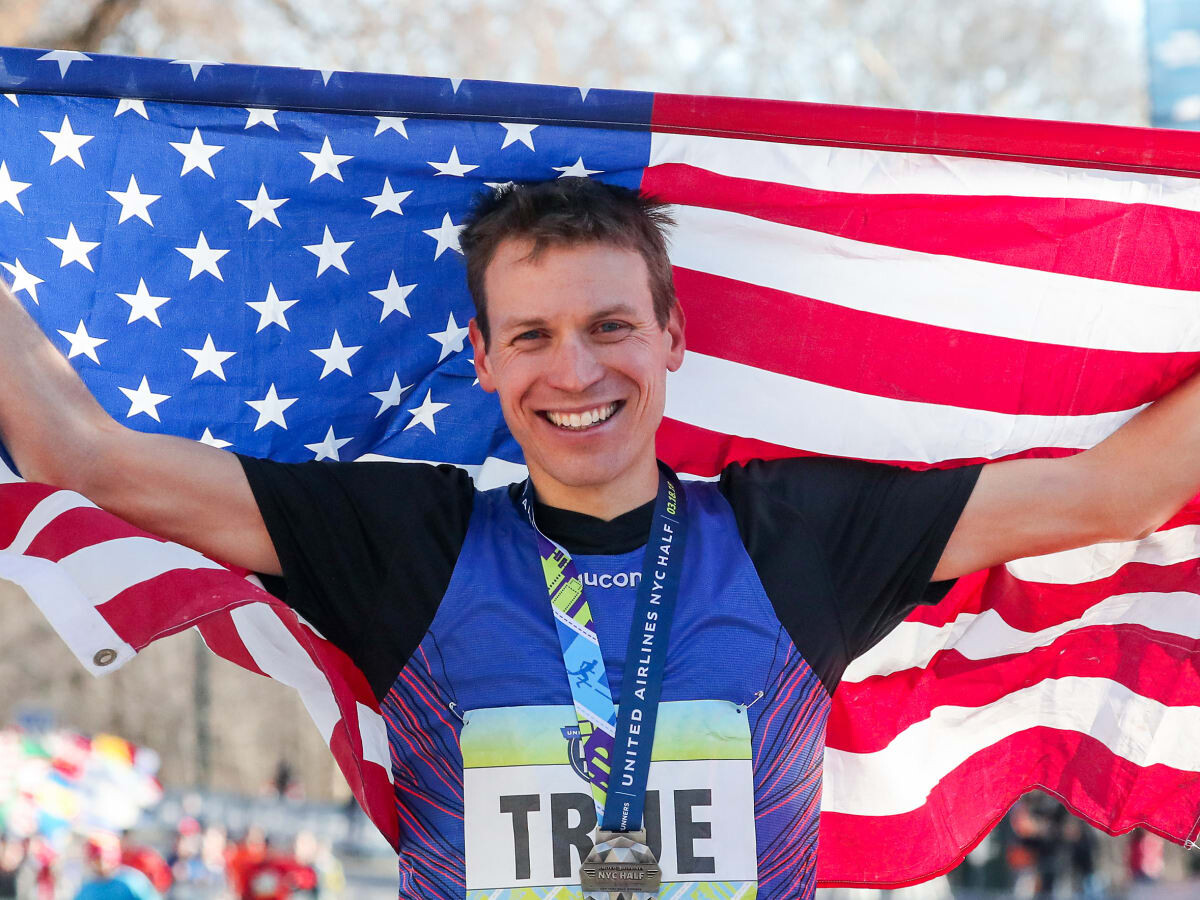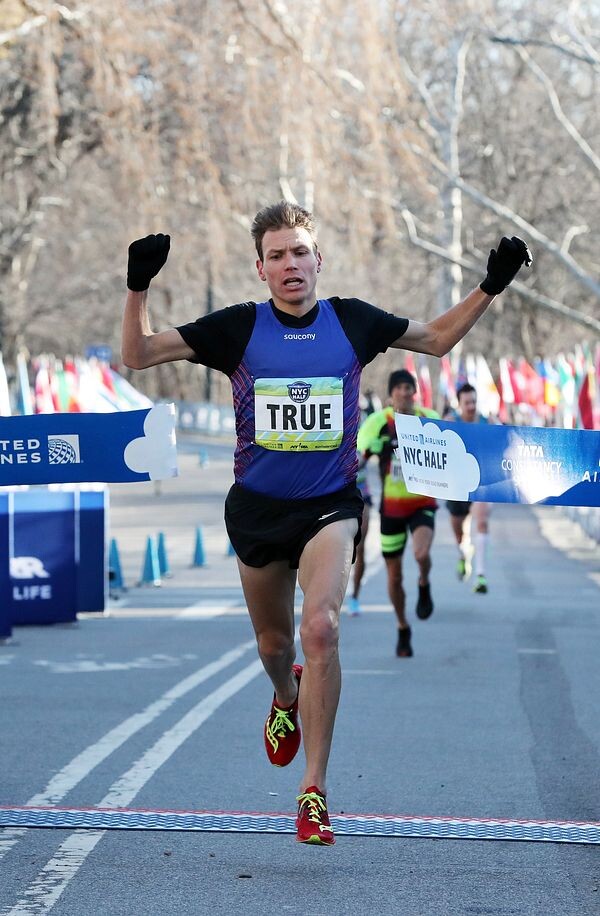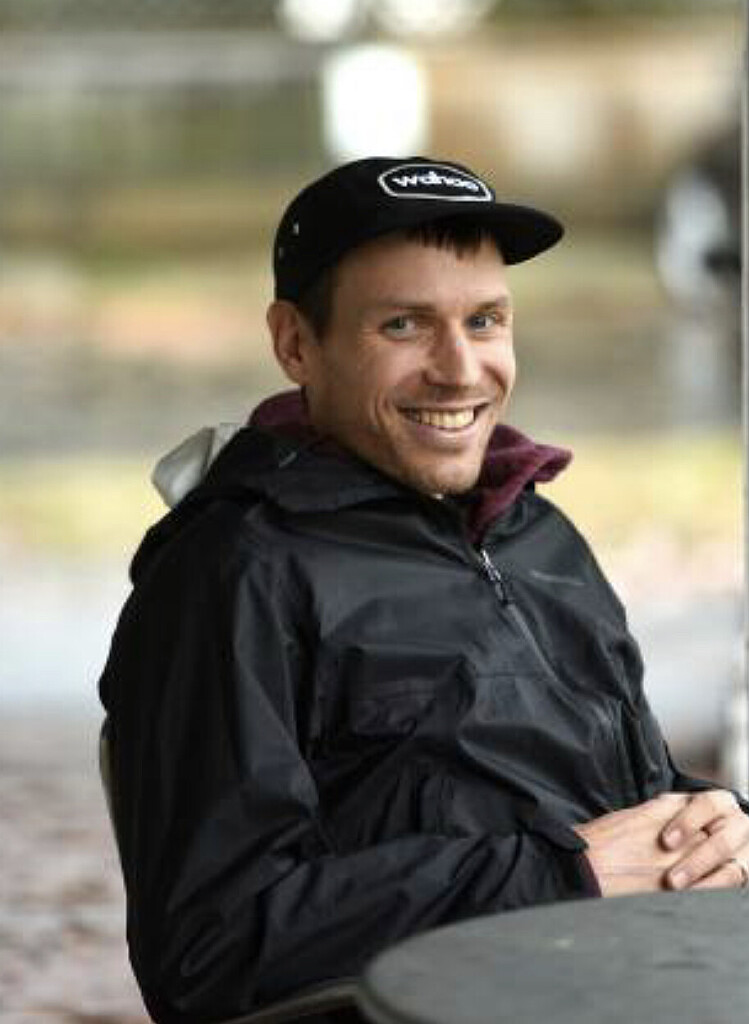Running News Daily
Running News Daily is edited by Bob Anderson. Send your news items to bob@mybestruns.com Advertising opportunities available. Train the Kenyan Way at KATA Kenya and Portugal owned and operated by Bob Anderson. Be sure to catch our movie A Long Run the movie KATA Running Camps and KATA Potato Farms - 31 now open in Kenya! https://kata.ke/
Index to Daily Posts · Sign Up For Updates · Run The World Feed
Ben True had never run further than 24 miles before finishing seventh at New York City Marathon
Ben True had never run a distance of 26.2 miles before. He didn’t do too badly for a novice.
True finished seventh in the New York City Marathon with a time of 2:12:53.

Most people might think that coming in seventh in one of the biggest marathons in the world — 25,010 runners finished the race this year, and in the past it’s seen twice that — is a jaw-dropping feat, especially for someone who says the longest distance he’d run before Nov. 7 is “probably” 24 miles.
Yet, when asked if he’d surprised himself, True said he isn’t satisfied with his performance.
“Actually, I was slightly disappointed,” True reflected five days later. He was also the No. 2-ranked American to finish.
“I think I took things a little too conservatively,” he judged, explaining that he held himself back a mile to a mile and a half too long before accelerating to run the last 6 miles to the finish. “I didn’t go fast enough.”
The Upper Valley is home to notable Olympians and elite athletes — Norwich is known for being a “cradle” for Olympic athletes — and True, like many of them, initially came to the area to study at Dartmouth College, where he graduated with a major in art history in 2009. He was the first student in the Ivy League school’s history to break the four-minute mile and earned All-American honors in cross country running, outdoor track and field and Nordic skiing.

Growing up in North Yarmouth, Maine, True was known since his teens at Greely High School as a champion runner and skier in the state. He chose Dartmouth over Stanford, he said, because “the area and campus were much more to my liking, and I wanted to continue both running and skiing.”
Ben True is by his own acknowledgement an athlete who has traditionally trained alone and chosen to live apart from the running meccas of Colorado or Oregon.
For a brief spell after college, True tried living in Eugene, Ore., where he joined the Oregon Track Club, but it didn’t suit him.
“I’m a pretty big homebody. I like the Northeast more,” he said.
Until he made his marathon debut, True’s running career has been focused on competing and racking up national and global wins in 5,000-meter and 10,000-meter track races and 5K and 10K road races. But shorter-distance events exact a toll on an athlete’s body that becomes more problematic with age.
“Training for the 5K was wearing on my body a lot and tiring me out, really stressing my nervous system, all that speed work,” the 35-year-old said. “So it seemed like an appropriate time to take on the challenge of marathon running, which frequently draws people in their 30s and 40s as it is less impactful on the body.
“It was the right time to move up to the longer distance,” True assessed.
True said he chose New York for his first marathon rather than one of the other big destinations such as Boston, London or Tokyo because he had run a half-marathon there in 2019 — placing 10th at 1:02:56 — and because New York Road Runners, the organization that produces the NYC Marathon, in past years had invited True to ride in the lead vehicle at the head of the race.
“I’ve always had a lot of success in New York,” True said. “It just seemed the right place to run my first marathon.”
Despite what has been described as his “lone wolf” training regimen — his former sponsor Saucony even made it the theme of a YouTube campaign — True recruited two other running partners: Dan Curts, an Iowa State standout, and Fred Huxham, an All-American from University of Washington, who both relocated to Norwich, where they helped True to train for the marathon.
“I used to do the majority of my training starting from my house,” True said, explaining his normal routine, which began with a 12-mile run at 10 a.m. and ended with a 5-mile run at 6 p.m. But since Curts, a year ago, and Huxham, six months ago, became part of his running pod, “we tend to meet someplace, like West Windsor, Orford, Enfield, South Strafford, running mostly on dirt roads.”
In addition to the average 120 miles per week that True would run in training for the marathon, the trio have formed a running club — Northwoods Athletics— with an eye to supporting professional runners and a weekly open invitation running group, Tour de Woodstock, for recreational runs on the weekend.
The Tour de Woodstock, which began last fall with 10 people and now has a core posse of about 15 and some weekends attracts double that, meets at East End Park on Pleasant Street in Woodstock, NH and is meant to include runners of all levels and abilities who can break off into smaller groups if they want to.
They gather at an eating spot for waffles afterward.
The mission, according to True, is to inspire people to run by providing a social element that will motivate them to enjoy the sport more.
“We had our first bonfire potluck lunch at a member’s house” two weeks ago, he said.
Northwoods Athletics is still in a formative stage — the website only recently went up — but True said one of its purposes will be to find a new economic model to train and support professional runners.
At present, professional runners are largely sponsored by athletic shoe companies, whose terms often preclude athletes and athletic clubs from accepting other sponsors. That makes athletes rely upon a single sponsor, which can have devastating impact when a contract is not renewed.
True said Northwoods Athletics wants to develop new avenues to pay runners, perhaps through contracting with employers to manage a running program for the company’s employees, similar to a company-sponsored health club membership, which would also in turn identify the company as a sponsor of the athlete.
True also hopes to see Northwoods Athletics as a vehicle to make the Upper Valley a hub for runners, at least during the nonwinter seasons. (True himself has spent winters training in Charlottesville, Va., and Boulder, Colo.)
“One of the reasons I’ve done my training alone is that I’m here, but there are not many people here,” he said.
“We’re hoping to add a few more guys to get a critical mass and a women’s team, too,” True said.
As for when True plans to run his next marathon — he doesn’t know. He is still undecided whether he will train for another track season, and if he does, then it would conflict with the time and technique required to train for a long-distance running.
In either case, True said he does not need to make that decision until January.
“So I have some time,” he said.
by John Lippman
Login to leave a comment
TCS New York City Marathon
The first New York City Marathon, organized in 1970 by Fred Lebow and Vince Chiappetta, was held entirely in Central Park. Of 127 entrants, only 55 men finished; the sole female entrant dropped out due to illness. Winners were given inexpensive wristwatches and recycled baseball and bowling trophies. The entry fee was $1 and the total event budget...
more...




